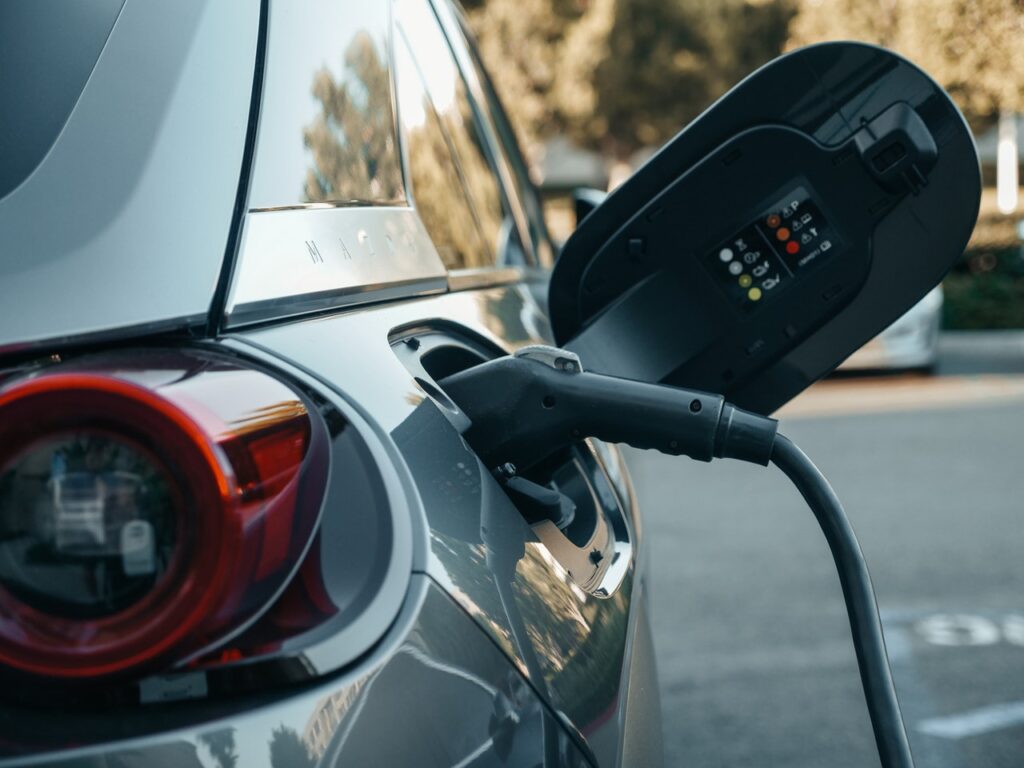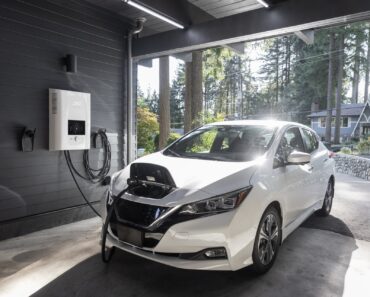The battery in an electric vehicle is vital to its operation because it provides the energy that is transformed into the rotational energy that moves the car. This is in addition to being the costliest component, making it essential to keep it working for as long as possible.
An EV battery is similar in many aspects to the batteries that power your smartphones and laptops. However, with the relatively short lifespan of the batteries in these electronic devices, some new or potential EV owners worry about how long the battery in their car will last and how often it gets problems.
In this article, we answer the question of how long electric car batteries last. However, it is crucial to know how EV batteries work first.

How do EV batteries work?
Modern EVs typically use lithium-ion batteries, a significant improvement over the lead-acid type because they now offer longer driving ranges. The battery contains the anode, cathode, separator, and electrolyte. When your battery produces the current that makes the electric motor work, the anode releases lithium ions to the cathode, creating a flow of electrons between the two electrodes. However, the process is reversed when you plug in the car and charge the battery.
EV makers are constantly working to improve their batteries to remain competitive. For example, GM has produced the Ultium batteries that will power its next-generation EVs, including the Hummer EV and Silverado EV, while Tesla will soon begin to use its new 4680 batteries in its existing models.
How long do EV batteries last?
Compared to your smartphone battery, EV batteries last considerably longer. This is important because EVs are far more significant investments. Also, because of the stress they go through during operation, EV batteries are equipped with advanced safety features, like thermal management and sophisticated battery management software.
When you purchase an electric car, there is really no need to worry about how long the battery will last. This is because EV makers are required by federal law in the US to offer at least eight years or 100,000 miles warranty. This means you are assured the battery won’t stop working or lose capacity beyond a certain percentage within the warranty period. If either of the two happens, you are entitled to a free battery replacement.
Some EV makers offer more extended battery warranty, like Tesla, which warrants its Model X for 150,000 miles.
However, what happens when the warranty period elapses? In most cases, your EV battery continues to work. The CEO of Tesla, Elon Musk, claimed that his car batteries are engineered to actually last between 300,000 and 500,000 miles, which means you can drive for a long time.
In reality, you can use the same battery for more than a decade. In fact, many early EV models still run on their original batteries, even though they are not as durable as newer batteries. You probably won’t use the same car for that long, so you are adequately covered.
However, there is an important part of EV battery operation that you must take note of; degradation. This is the process of EV batteries losing some of their initial capacity over time. This is similar to what happens to the batteries in smartphones, although the speed of loss is slower in EVs.
Generally, EV batteries will lose about 2.3 percent of their initial capacities. But some models do better. Tesla, for instance, reported that its batteries lose between 10 and 15 percent capacity after 150,000 miles.
While every battery will eventually degrade, there are steps you can take to delay or slow it down. Charging with DC fast chargers makes the battery wear out faster, meaning you should use Level 2 chargers as much as possible. Similarly, extreme temperature affects the battery health, too, reducing the capacity.
Your driving pattern can also affect how long your battery lasts. Rapid acceleration places more stress on the battery, so make it a habit to drive at a steady rate.
In conclusion, there is no real reason to worry about how long your EV battery will last, and you can feel free to ditch that ICE car now and embrace battery-powered mobility.






